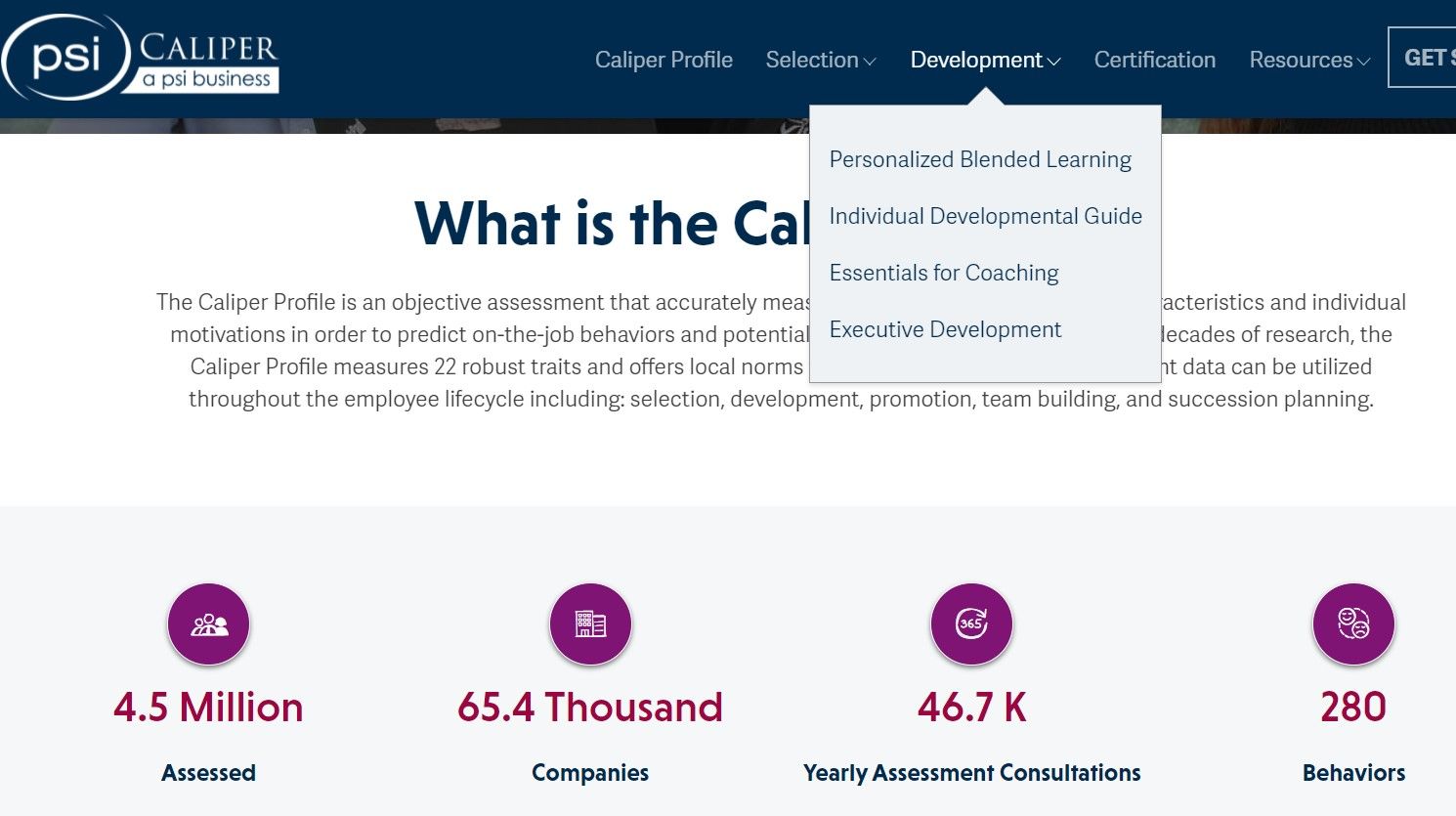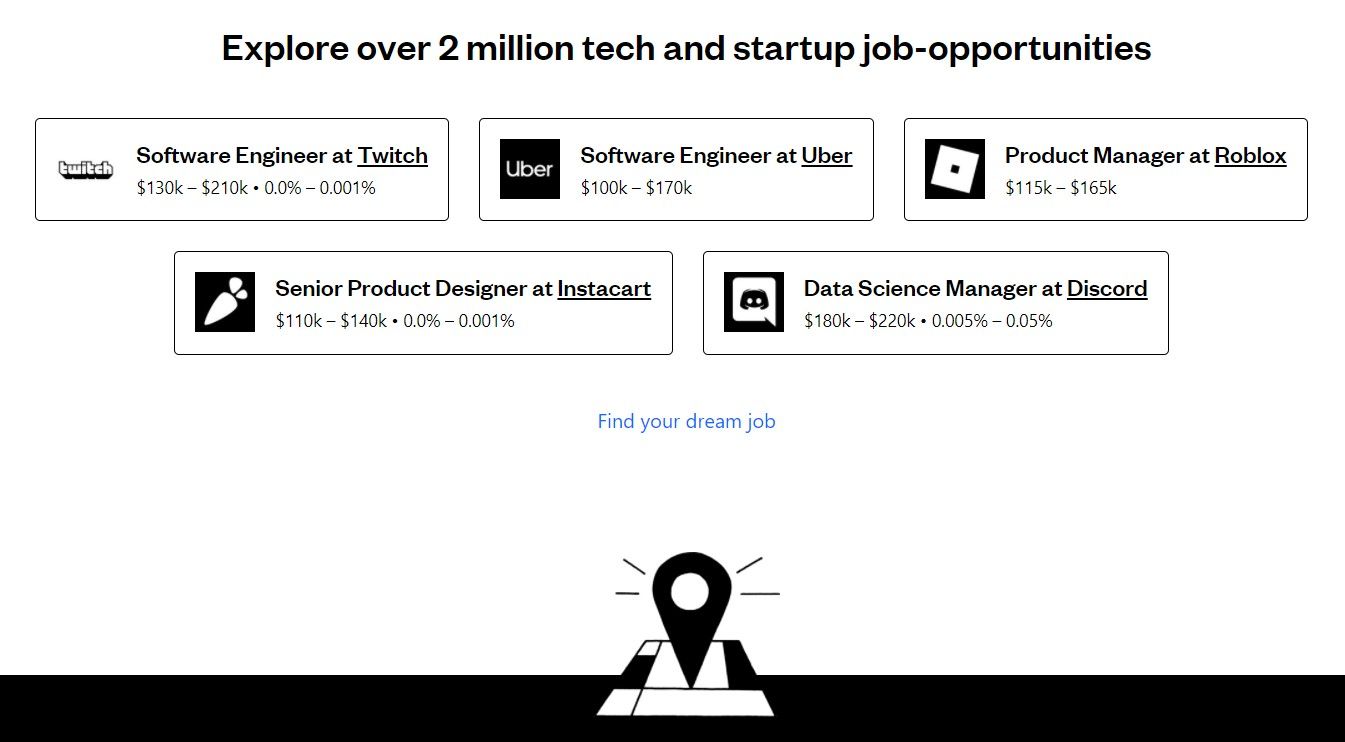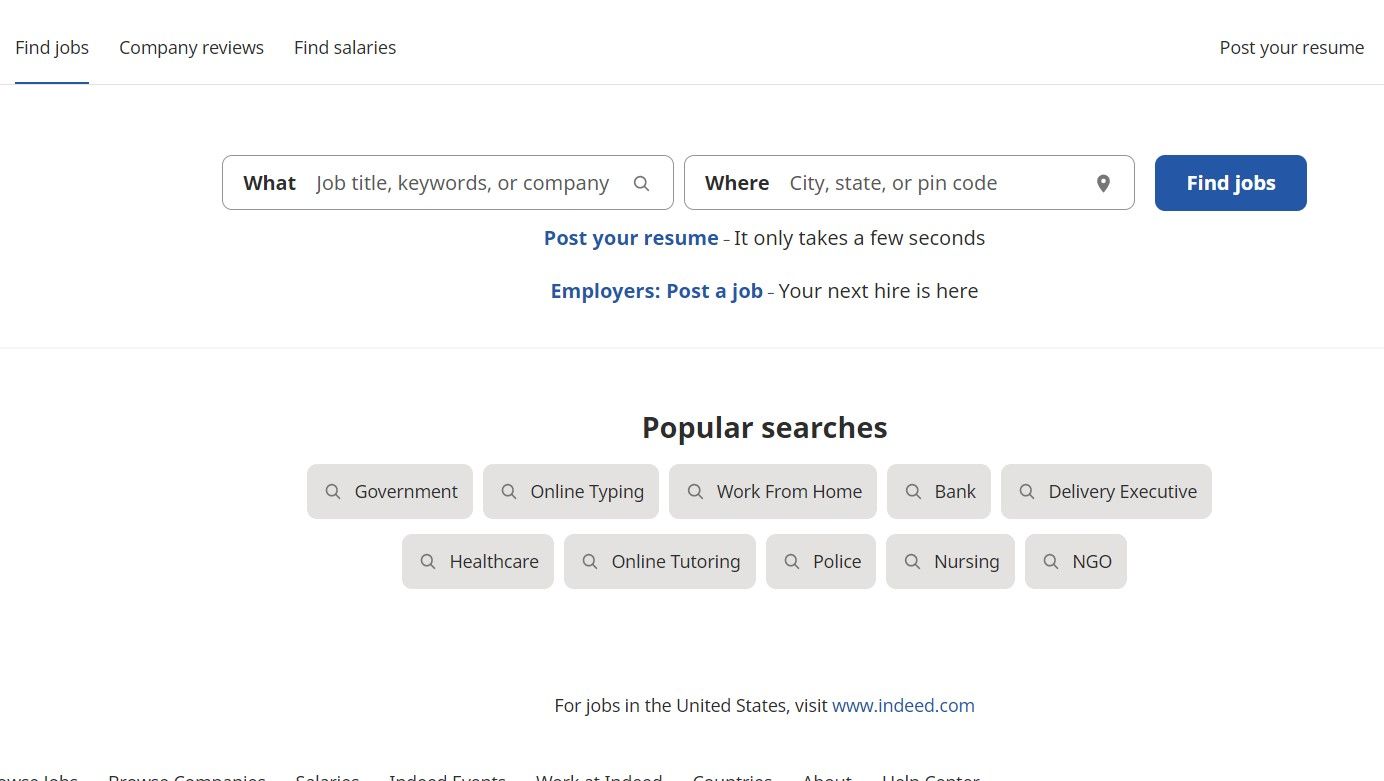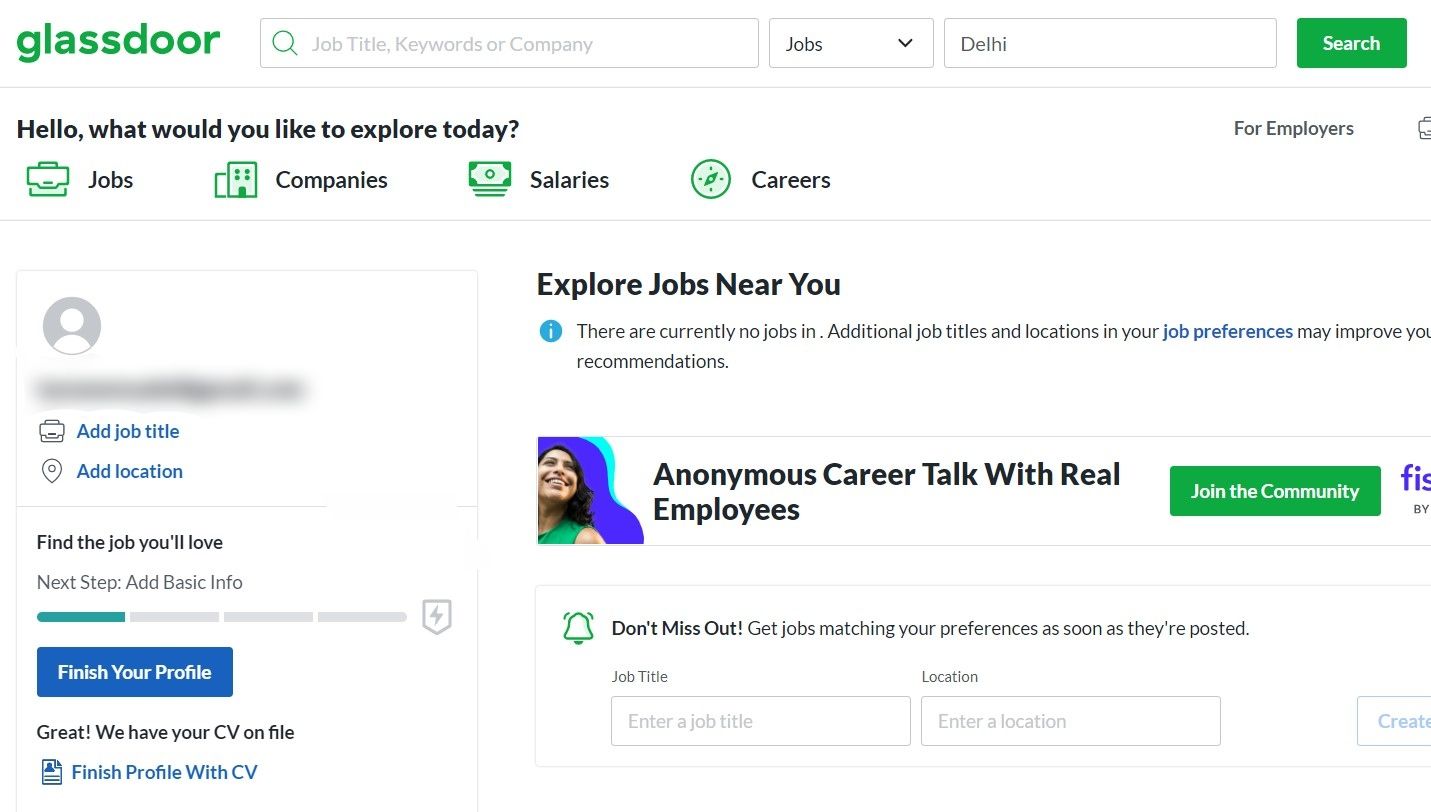Most people today are unsatisfied with their jobs. The main reason behind this is their choices. If you decide your career based on the amount of money it offers or what others advise you, you may be doing it wrong.
Let’s discuss the five things you should consider before entering any profession to save yourself from long-term frustration.
1. Decide Your Wants and Needs
As discussed, instead of choosing your career for money or impressing someone—your parents, teachers, friends, or loved ones—look for what you really want to do for the rest of your life that can cover your needs too. If you don't like doing what you do, it may bring frustration in the long run.
So, the main point is to understand:
- What do you want from life?
- What conditions do you prefer to work in?
- What type of people would you like to work with?
And to get the right answer to the above question, first, ask yourself:
- What do you enjoy doing the most?
- What qualities do others like about you and why?
- What skills do you have that help you achieve the best results while working on something?
- What are the best abilities you have that help you outperform others?
Once you have the answer to all of these questions:
- Make a list of everything you like to do and round up the 10 best things out of them.
- Determine which of these options you can convert into lucrative career opportunities.
2. Assess Your Personality and Consider Your Background
No doubt, just because you like doing something, and it can be converted into a great career opportunity, doesn’t guarantee you a job in it. You should also consider your skills, knowledge of related subjects, qualifications, and personality traits that this job requires.
As an example, if you love to help others and have an interest in medical studies, you can choose to become a doctor. But to be qualified for such a profession, you must have the required degree, permission to practice medicine, a calm personality, etc.
So run a personality check, and determine whether you have the traits that the career option, you've rounded up based on your likes and dislikes, requires.
However, do not let this stand in your way to make a career of your interest. You can always learn new skills, obtain required degrees and qualifications, develop new habits, and improve your personality.
So, make a list of the education, experience, and personality traits the profession you've chosen requires and take action accordingly.
Apart from this, if you have diverse interests, and you end up rounding more than one career option, then work for startups. They usually need a jack of all trades. It’ll help you explore yourself without switching jobs and hurting your resume. Here are a couple of tools that can help:
Caliper Profile
It's an online platform that helps you determine your personality. You can decide whether you’re right for a job or not by taking assessments. You can also get certificates to show on your resume.
Angel List
This website lists millions of startups around the world. Just set it up for your location and find out which startups you can help.
You can also get the contact information of the founders or other important people in the company to help you build the required connection.
3. A Word About Others' Advice
While deciding what career to choose or switching professions, one thing you get a lot is others’ advice. But you should understand where it is coming from and whether you should act on it or not.
Most of the time, people advise you based on their experiences. For instance, if they failed at something, they’d advise you to steer clear of that career option.
But what you should understand is that everyone is different. Just because someone couldn't achieve the desired results in a profession doesn't mean it'll hold the same fate for you. You may be better than them with certain things and bad at others.
Moreover, you should know that people are usually protective of the ones they love. So, if you're doing a job that seems risky, be prepared for your family, friends, and loved ones to scare you off. The best idea is to thank them for their goodwill and tell them that nothing in the world is risk-free. You can try giving them some solid reasons why it’ll be good for you. At the end of the day, it's your decision.
A wiser option would be to take advice from a professional, a mentor, or someone who can give you unbiased guidance and help you make an informed decision.
Here's a tool that can help:
Clarity.fm
It’s a platform that helps you connect with mentors in various industries. You can take one-time advice from the professionals on whatever problem you’re facing.
Just post your issue, and they’ll contact you if they think they can help. The advisors address the issue over a call and charge per minute.
4. Check Out the Possibilities and Keep Your Job Search On
Joellyn Wittenstein Schwerdlin, owner of The Career Success Coach says never let any naysayer sway you, trust yourself and your instincts.
If you’re already in an upsetting profession or if you started pursuing a career you’re having second thoughts about, stay open to other options. Keep looking for different opportunities in your field. You should understand that it’s never too late to change your career if you’re unhappy.
Here are a couple of tools that can help:
Indeed
It’s a platform that lists a number of jobs in almost every field. Just select the location and field of work you’re looking for and start your search.
Glassdoor
This is a great platform because it lists the job applications and provides you with essential company information.
For instance, if you’re looking to get a job in a certain company and want to know about their culture, pay scale, or how they treat their employees, this platform is the place to go. They list multiple companies' current and former employees’ reviews.
5. Optimize Your LinkedIn Profile to Match the Criteria
Once you’ve found the right job, optimize your LinkedIn profile to attract the right type of recruiters.
Follow the following steps to do it:
- Upload a professional profile picture.
- Make sure your header markets you well.
- Customize your LinkedIn URL to something easier and unique, like your name. It helps with easy sharing and branding.
- Edit your title and make it crystal clear what you’re up to. Avoid writing general words like “open to job”, instead use keywords that recruiters might be looking for—for instance, B2B Sales Rep | Generated $3.2M in 2020. Such taglines encourage recruiters to contact you.
- Fix your about section. Write a few introductory lines. Make sure to add something that shows you’re ambitious yet authentic. It’s not just about what degree you hold but also your personality traits—for instance, whether you’re a team player, a problem solver, a calm person, etc.
- You can also share your experience of solving an issue if you have, or how you can help the next company in your about section.
- Don’t forget to add your education, certificates, licenses, and experiences. If you’re just starting, you can also add volunteering experience.
Your Job Should Make You Happy, Not Stressed
Whether you chose the wrong career for yourself and are now looking for a switch or just starting out, you should be able to find the right options for yourself. It’ll help you lead a happy and content life.
So, use the knowledge and tools given in the article and change your life for the better.

.jpg)





